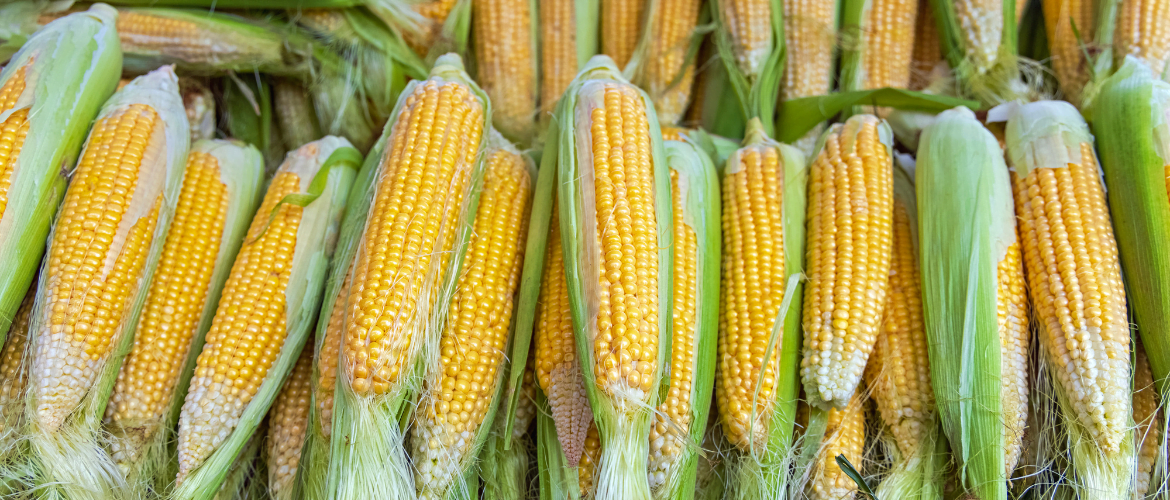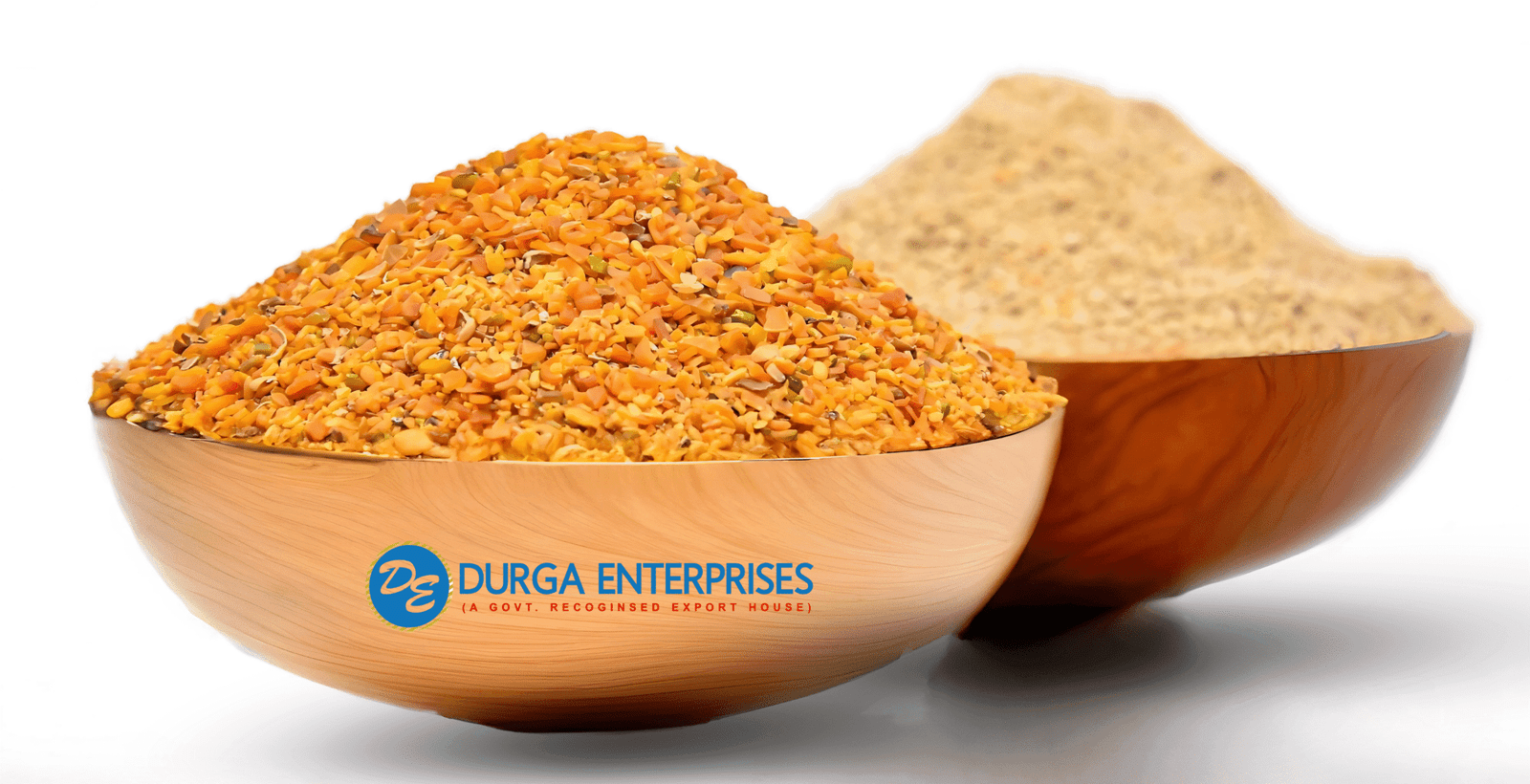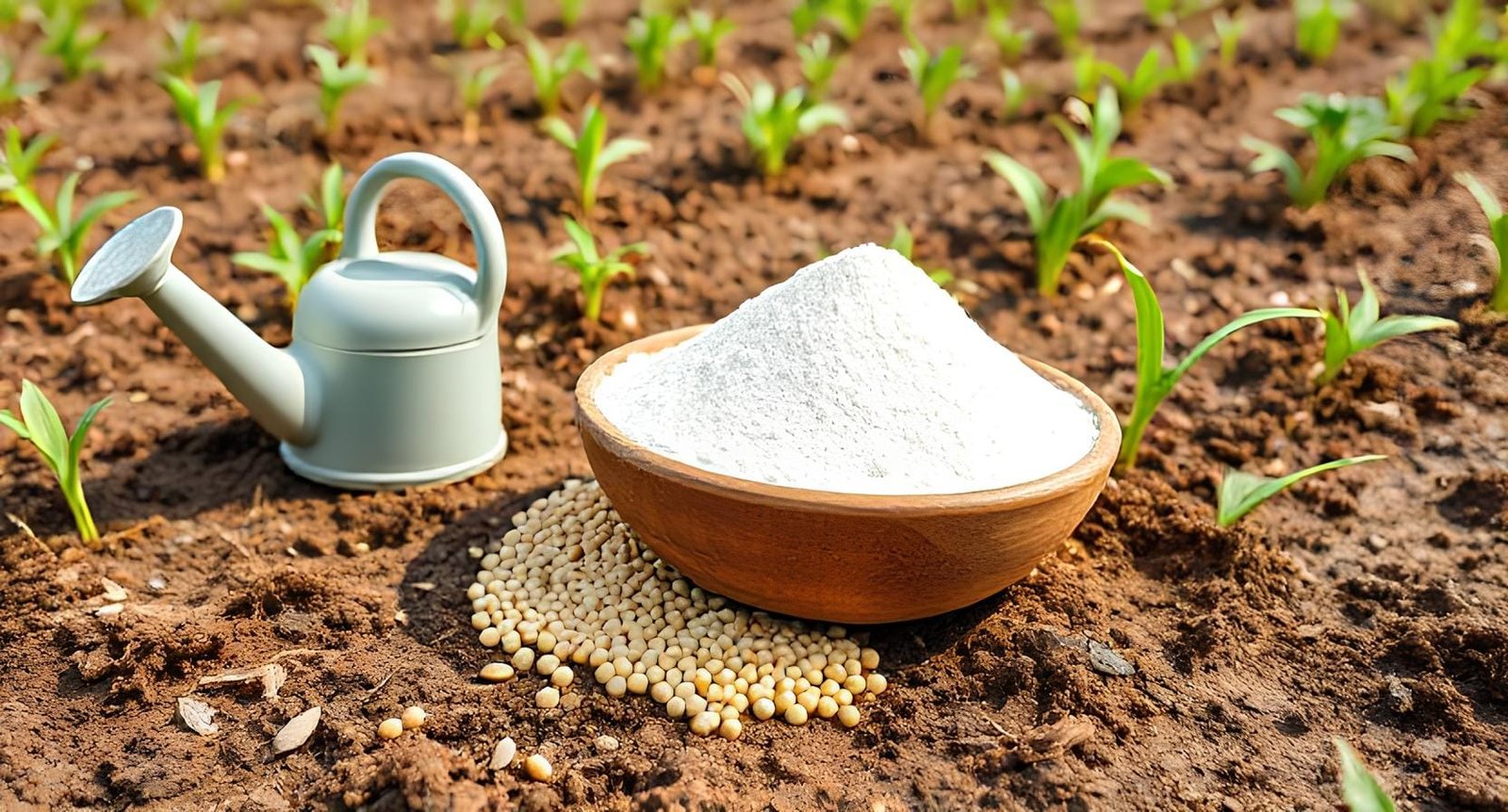
Maize, also known as corn, is one of the most widely cultivated and consumed Cereal Grains in the world. Its versatility and nutritional value make it a key food for many cultures. Let’s explore the importance, cultivation, culinary uses, and nutritional benefits of maize.
Culinary Uses of Maize:
The culinary versatility of maize is truly remarkable. Available and enjoyable for everyone, it comes in a variety of forms, such as –
- Fresh Corn: Consumed directly from the cob as a delicious and nutritious vegetable.
- Dried Maize: Used to produce maize meal, a staple ingredient in many traditional dishes such as tortillas, tamales, and porridges.
- Popcorn: A beloved snack that pops when heated, providing entertainment and a tasty treat.
- Maize Flour: Used in baking to make bread, muffins, and other baked goods.
- Maize Starch: Acts as a thickening agent in soups, sauces, and gravies.
- Corn Oil: Extracted from maize, it is a popular cooking oil with a mild flavor.
Cultivation of Maize:
Maize is cultivated in diverse climates and soil types, thriving in both temperate and tropical regions. It requires well-drained soil, ample sunlight, and adequate rainfall for optimal growth. The cultivation process typically involves planting seeds in rows and providing essential care, such as watering, weeding, and pest control.
Maize undergoes a natural growth cycle that includes germination, vegetative growth, tasseling and silking, and grain development. The mature cobs are harvested and can be used for various purposes, from human consumption to cattle feed and industrial processing.
Nutritional Benefits of Maize:
Maize offers a range essential nutrients, making it a valuable addition to a balanced diet. It is also a good source of carbohydrates, providing energy to fuel-up daily activities. Maize also provides essential nutrients like vitamins and minerals, including:
| SR. NO. | SPECIFICATIONS | BENEFITS |
|---|---|---|
| 1 | Carbohydrates | Source of energy for the body, important for brain and muscle function |
| 2 | Dietary Fiber | Aids in digestive health, makes you feel comfortably full without being bloated |
| 3 | Vitamin C | Acts as an antioxidant, supports immune function and overall health |
| 4 | Thiamine (Vitamin B1) | Essential for energy metabolism and nervous system function |
| 5 | Folate (Vitamin B9) | Essential for cell growth and reproduction. |
| 6 | Potassium | Regulates fluid balance, supports muscle contractions and nerve signals |
Importance of Maize:
Economic engine:
- Livelihood source: Millions of farmers worldwide rely on maize cultivation for income and food security.
- Boosts economies: Maize production contributes significantly to national GDPs, particularly in agricultural-dependent countries.
- Provides jobs: Processing, transportation, and marketing of maize create jobs across various sectors of the economy.
Technological advancements:
- Biofuels: Maize is increasingly used to produce biofuels, offering a cleaner alternative to fossil fuels and promoting energy independence.
- Industrial uses: Maize starch finds applications in adhesives, textiles, and bioplastics, contributing to sustainable product development.
- Research potential: Advances in maize genetics and breeding hold promise for improved pest resistance, drought tolerance, and nutritional content.

Environmental considerations:
- Sustainable farming: Responsible practices that minimize water usage and soil erosion are crucial for future maize production.
- Biodiversity concerns: Monoculture farming systems can harm biodiversity. Diversifying crops and supporting organic farming practices are essential.
- Food waste reduction: Addressing food waste and loss related to maize can improve food security and resource efficiency.
Nutritional powerhouse:
- Fuel for billions: Maize is the most widely consumed cereal grain globally, providing essential carbohydrates for energy to billions of people, especially in developing nations.
- Packed with nutrients: It’s a good source of protein, fiber, vitamins B and E, and minerals like magnesium and potassium, contributing to a healthy diet.
- Gluten-free option: For individuals with gluten intolerance, maize offers a versatile and nutritious alternative to wheat and other gluten-containing grains.
Overall, maize is a truly remarkable crop with immense significance for nutrition, economy, culture, and technological advancement. It continues to play a vital role in global food security and household diets. Durga Enterprises provides locally-grown maize that offers a range of essential nutrients.
Gluten-free and full of glee, more than just a corn!


